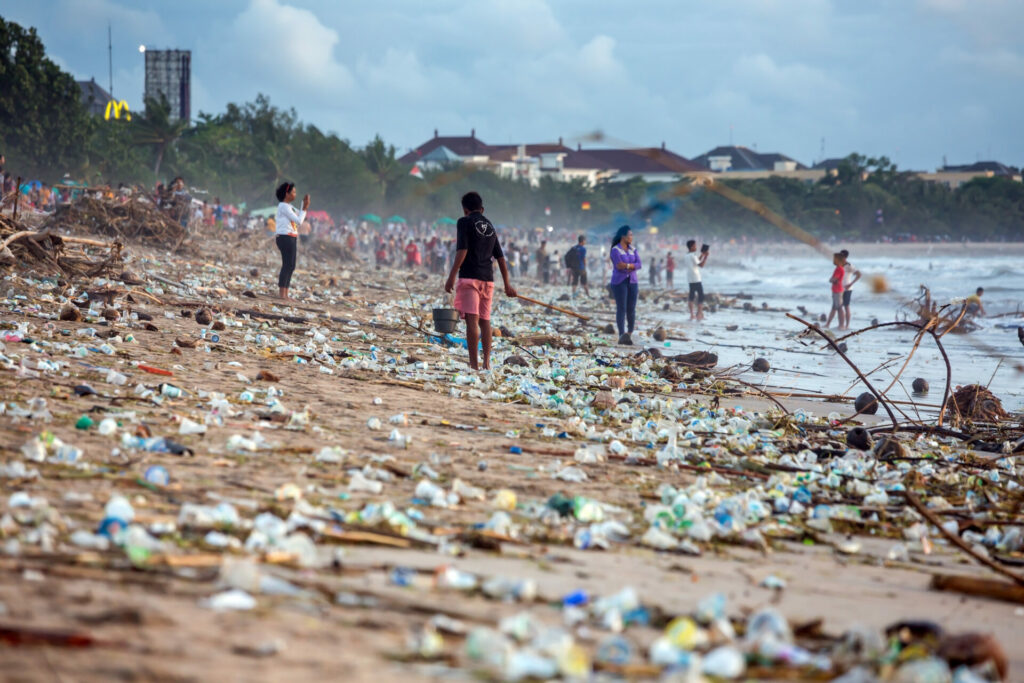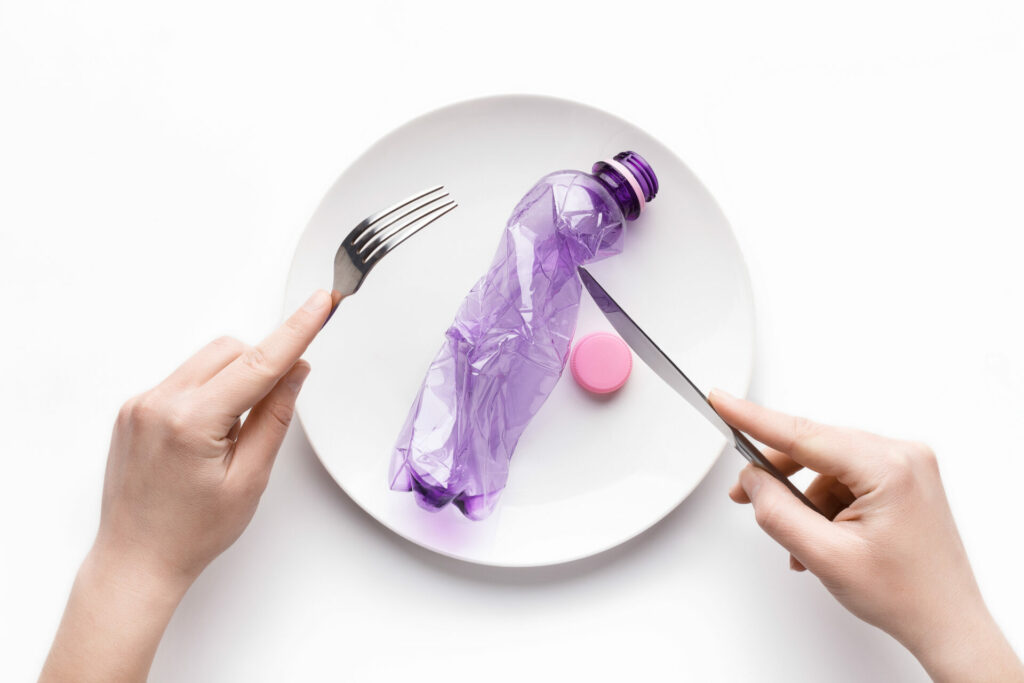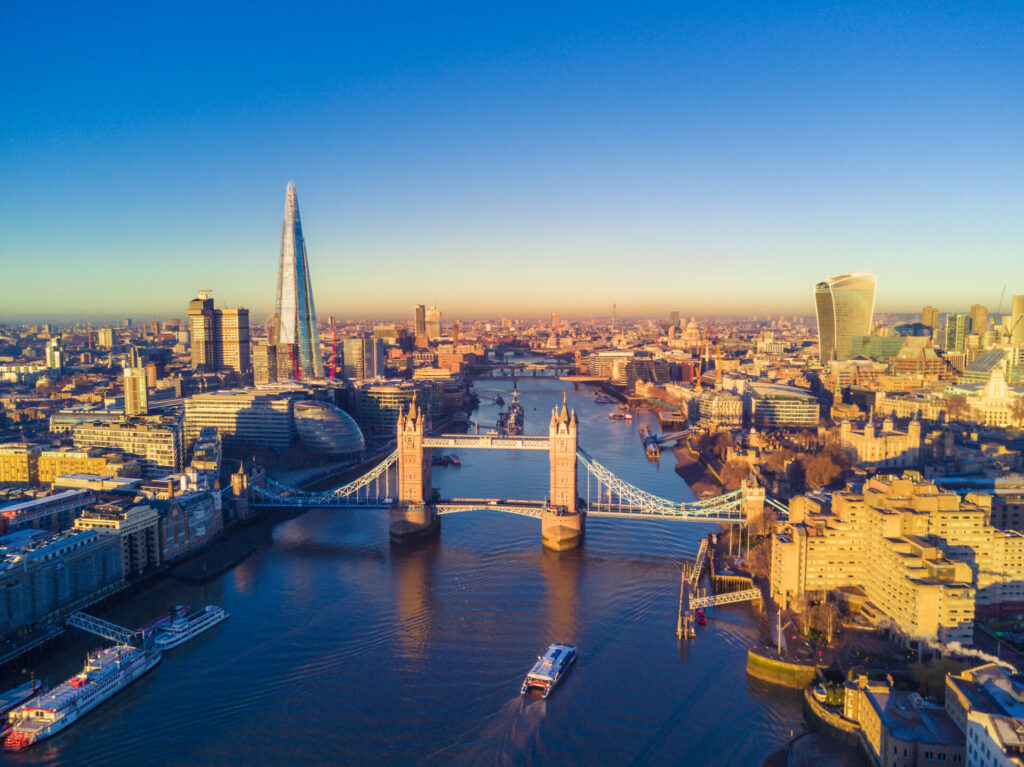Global plastic pollution could be slashed by up to 80 per cent by 2040, according to a new report from the UN Environment Programme (Unep).
It calls for the elimination of all unnecessary plastics such as excessive packaging, the reuse of plastics such as refillable bottles, alongside recycling and the replacement of plastics with environmentally friendly alternatives.
Boosting the market for reusable and refillable products instead of a throwaway economy would ensure the reuse market has a stronger business case than the single-use plastic products market.
These measure would see plastic pollution drop to about 40m tons in 2040, rather than reach 227m tons if no action is taken.
People consume microplastics via food and water, as well as breathing them in, and the particles have been found in people’s blood and breast milk.
The changes would also bring benefits worth trillions of dollars, the report said, by reducing the damage caused by plastics to health, the climate and the environment.
It also foresees creating 700,000 jobs, mostly in low-income countries as the collection, sorting, recycling, reverse logistics, washing of reusables and reuse are all more labour-intensive than the
mechanised production of new plastic.

The initiative relies only on technologies and solutions that already exist but requires urgent simultaneous action across borders. A five-year delay in executing the necessary shifts would mean higher costs and an additional 80 million metric tons of plastic pollution by 2040 it warns.
Call To End Global Plastic Pollution
Plastic now contaminates the entire planet, from the summit of Mount Everest to the deepest oceans. People consume microplastics via food and water, as well as breathing them in, and the particles have been found in people’s blood and breast milk.
In March 2022, 193 countries agreed to end plastic pollution, with negotiations on a legally binding agreement by 2024 now under way, hosted by Unep. The second round of negotiations starts on 29 May. The world currently produces 430m tons of plastics a year, two-thirds of which are short-lived products that soon become waste. Production is set to double by 2050 on current trends.

‘The way we produce, use and dispose of plastics is polluting ecosystems, creating risks for human health and destabilising the climate,’ said Inger Andersen, Unep’s executive director.
‘This report lays out a roadmap to dramatically reduce these risks through adopting a circular approach that keeps plastics out of ecosystems, out of our bodies and in the economy.
‘Crucially, the report demonstrates that the transformation would provide economic and social wins. Governments and the private sector would save money and hundreds of thousands of new jobs would be created.’
Action will still be required to manage 100 million metric tons of plastics… equivalent in weight to five million shipping containers, which placed end to end would stretch from New York City to Sydney
The report estimates that the increased reuse of plastics could reduce 30 per cent of plastic pollution by 2040, with measures including deposit-return schemes for containers.
More recycling would cut pollution in 2040 by a further 20 per cent and the replacement of plastic products, such as takeaway food containers, with alternative materials could cut another 17 per cent from pollution in 2040.
Action will still be required to manage 100 million metric tons of plastics from short-lived products annually, by 2040, equivalent in weight to five million shipping containers, which – placed end to end – would stretch for 30,000 km or about a return trip from New York City to Sydney









